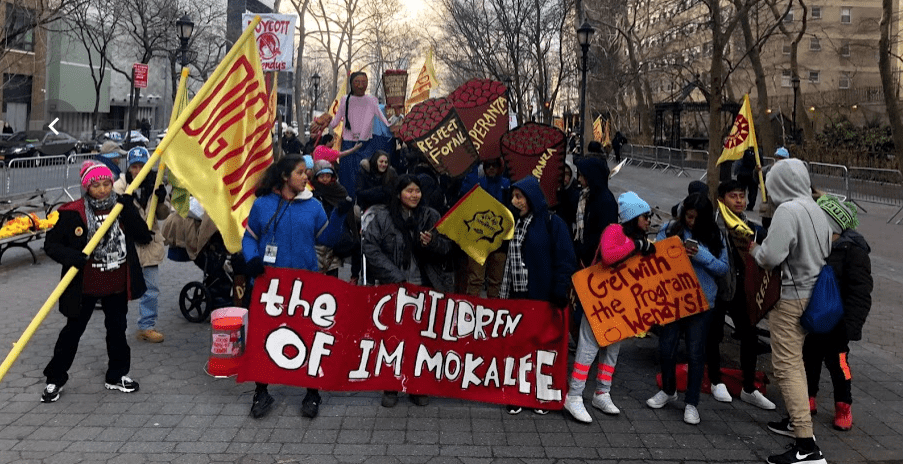It is the mission of Avila University to prepare “lifelong learners who make meaningful contributions to the global community” and to promote Avila’s values of “diversity and its expression” as well as “right relationships, with God, self, others, and creation.”
While conflict is an inevitable part of any relationship, it does not have to be destructive. Practitioners in the field of peace and conflict resolution aim to promote and maintain right relationships among actors in any given context. Scholars of peace and conflict resolution examine the drivers of violent conflict between persons, groups, organizations, and governments. Practitioners working in fields such as education, healthcare, and government, for example, aim to mitigate and eliminate violence – whether between persons, organizations, or nations – by transforming destructive, violent relationships into just, productive, secure relationships.
This certificate program involves both the theory and practice of peace and conflict resolution. Utilizing historical and contemporary theoretical concepts, students will acquire a wide range of skills including mediation, negotiation, intercultural communication, and multi-level conflict analysis, all of which are applicable in any profession. Learners with a skillset rooted in peace and conflict resolution theory and practice are certain to be successful contributors to the global community and have the tools necessary to cultivate and care for right relationships in a variety of environments.
Course Requirements and Availability
To obtain the certificate, students must complete 12 credit hours from the list below of designated courses. Students may obtain the certificate through exclusively online courses. Face-to-face courses are also available to meet most certificate requirements. If the need arises, the face-to-face courses listed below may be redesigned for an online audience. Similarly, a traditional-length online course may be redesigned for an accelerated term if needed. Courses below marked with an asterisk (*) are currently offered in an online format.
Objectives
- Develop an understanding of peace and conflict dynamics at the interpersonal, group, and global level
- Obtain the skills necessary for sophisticated conflict analysis, peaceful conflict management, and nonviolent communication
- Prepare students for success working in contexts with diverse groups of individuals
| Foundational Courses (Students must complete both courses to be eligible for the certificate) |
| IS 311: Peace Studies* FA, SP (x2), SU Interdisciplinary (religious studies, communication, philosophy, sociology, history, and economics) approach to achieving peace on a personal, local, national, and international level. Practical strategies for creating peace and living peacefully in a global society. |
| CO/PY 212: Conflict Resolution* FA, SP Strategies for dealing with conflict in a positive manner. Skills development to resolve conflicts and have successful outcomes, including exercises in listening, assertion, problem solving, and conflict management. |
Additional Courses
| Students will complete six additional credit hours of coursework from the following list of courses: | |
| IS 201: Intercultural Communication* SP. How social relationships and methods for conflict resolution vary considerably from one cultural context to another. | |
| SW 205 – Social Problems/Social Change FA, SP. Sexism, racism, and classism in the United States and around the world. Individual and institutional responses to social problems. | |
| PL 255: Ethics* FA, SP, SU. Examines ethical notions and individual agency; how communities ought to live and an individual’s moral obligations to others. | |
| IS 340: Mediation FA, SP. Role of mediation in resolving disputes and conflict theory. Students develop practical mediation skills. | |
| IS 354: Restorative Justice: Principles & Practice TBD Restorative justice practices, particularly in our juvenile and adult penal systems. | |
| IS/PL 358: Violence SP (even years). Investigation into acts and relations of social and political violence; the reality and responsibilities of perpetrators, victims, and others. | |
| IS/PL 372: Being Together* SP. Identifying and changing unjust relationships of power; exploring the roles of gender, racial, class, and other differences in a global context. | |
| IS 373: Restorative Relationships FA, SP. Restorative justice practices in educational settings and community; social justice issues related to children, families, and the community. |
